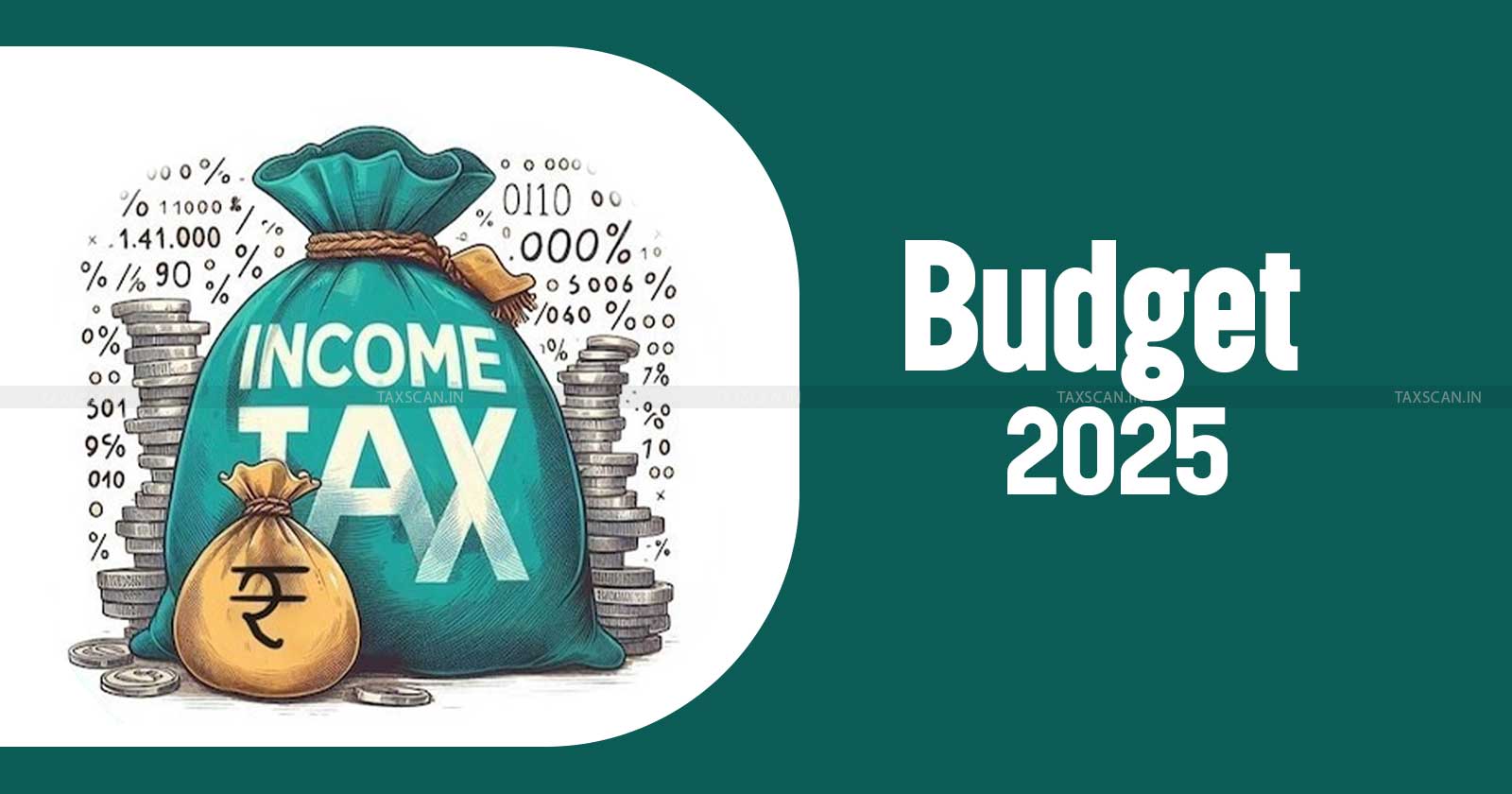New Income Tax Act among Other Expectations of Budget 2025
Govt to table new Income Tax Bill in Budget Session 2025, replacing outdated provisions and simplifying tax laws for better compliance and reduced litigation

Finance Minister Nirmala Sitharaman is set to introduce a new Income Tax Bill during the upcoming Budget Session, focusing on simplification and modernization of the existing tax laws. This will replace the 63-year-old Income Tax Act, 1961, and eliminate redundant provisions, making the law more accessible for taxpayers.
The bill is expected to simplify the language of tax laws, ensuring better comprehension for the common man. As per unconfirmed reports, a committee led by the Central Board of Direct Taxes (CBDT) has been evaluating the proposed changes and is deciding whether the new law will replace the existing one entirely or be divided into two or three separate acts.
Complete Supreme Court Judgment on GST from 2017 to 2024 with Free E-Book Access, Click here
This overhaul follows the government’s earlier initiatives to reform tax laws. In 2010, the Direct Taxes Code Bill was introduced but failed to gain traction due to its complexity and numerous exemptions.
In 2017, a panel of experts appointed by the Modi government submitted a report on tax reforms, but the recommendations were not made public. The new Income Tax Bill is a continuation of efforts to reduce litigation, streamline the law, and ensure better compliance.
“...efforts need to be made to rationalize direct taxes for both corporate tax and personal income tax. Simultaneously, there is a need to ease the tax compliance burden and eliminate direct interface between taxpayers and tax officials using technology”, stated a report in 2018.
Complete Supreme Court Judgment on GST from 2017 to 2024 with Free E-Book Access, Click here
During her 2024 Budget Speech, Sitharaman emphasized the need for a concise and user-friendly tax law. "The purpose is to make the Act concise, lucid, easy to read and understand. This will reduce disputes and litigation, thereby providing certainty to taxpayers," she said. Officials also confirmed that outdated provisions, considered redundant, will be removed in the new legislation.
The upcoming legislation is expected to be tabled in the Budget Session, depending on the readiness of the final draft. Sources indicated that the draft bill will incorporate public and stakeholder feedback to address challenges faced by taxpayers and ensure greater clarity.
While the focus is on simplification, officials cautioned against including new provisions to avoid complications. However, the government aims to strike a balance by maintaining a precise language to minimize interpretation challenges.
The proposed changes signal a new direction for India’s direct tax laws.
Support our journalism by subscribing to Taxscan premium. Follow us on Telegram for quick updates


